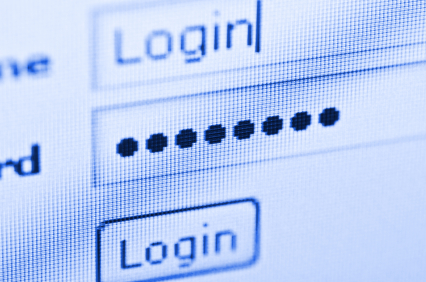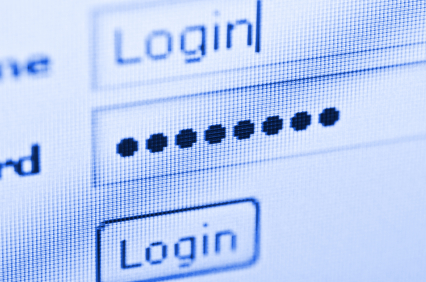Internet can rightfully be regarded as one of the single most important leaps in science when it comes to computer technology and communication.

The internet has the capability of transforming our planet into a global village where people from far away countries can interact with each other on a personal level that was unprecedented just a few decades ago.
But internet security is a prime concern since this is a highly insecure channel which can easily be breached to access personal information and thus subject somebody to fraud or intrusion (collectively termed as Phishing).
Some methods for keeping web browsing safe and free from malicious programs are as follows:
• The easiest way of keeping internet security is deciding which internet browser to use.
It can be understood that conventional web browsers like the Internet Explorer 6 have been around for a long time, and people have found out ways to hack into its code and steal important information.
Newer browsers like the Google Chrome and Mozilla Firefox are designed to overcome this problem and are comparatively much less prone to internet security breaches.
• Using Firewalls: Firewalls are only recently becoming popular and is used for filtering websites that are safe for viewing and downloading from those that host malicious software that may harm your computer.
These firewalls act as intermediate servers between the SMTP and HTTP connections to further enhance the internet security, the firewalls are generally classified into the following three types:
• Application Level Gateways: these are proxy based servers that operate at the TCP/IP level that allow reception and transmission of data packets only if the internet connection established follows a known protocol.
• Circuit Level Gateways: they are also proxy servers that define the kind of internet traffic that is allowed to proceed when it has been assigned an already approved port number, in this manner malicious data is not allowed to go forward and a message appears to warn of any internet security breaches.
• Packet Filters: these firewalls examine the incoming data on a “packet by packet” basis and monitor the data coming in and going out of the server.
• Security Tokens: websites nowadays have started making use of security tokens, particularly during the last half decade it has become a common feature on most websites.
Internet security is managed by employing an algorithm that generates random combinations of six digit numbers or complex arrangements that are randomly refreshed every 30-60 seconds.
• Conventional Antivirus: most of the commercially available antivirus software packages contain an adequate firewall built into the software itself.
Such firewalls are quite commonly found on home PCs where they screen websites for objectionable or malicious content and hence preserve internet security.
• Network Layer Security: this employs cryptographic methods and protocols for securing internet communications.
These protocols usually include SSL and TSL for handling web traffic, PGP for emails and IPsec for network layer security.
A combination of all these methods can greatly improve internet security and prevent malicious programs from harming your computer.
Author Bio:
Gloria Philips is a guest blogger and content writer. She loves to write about Internet security and PC security topics. She recommends virenscanner test for your PC security as well as safe internet surfing.
Ensuring Safe Internet Browsing

